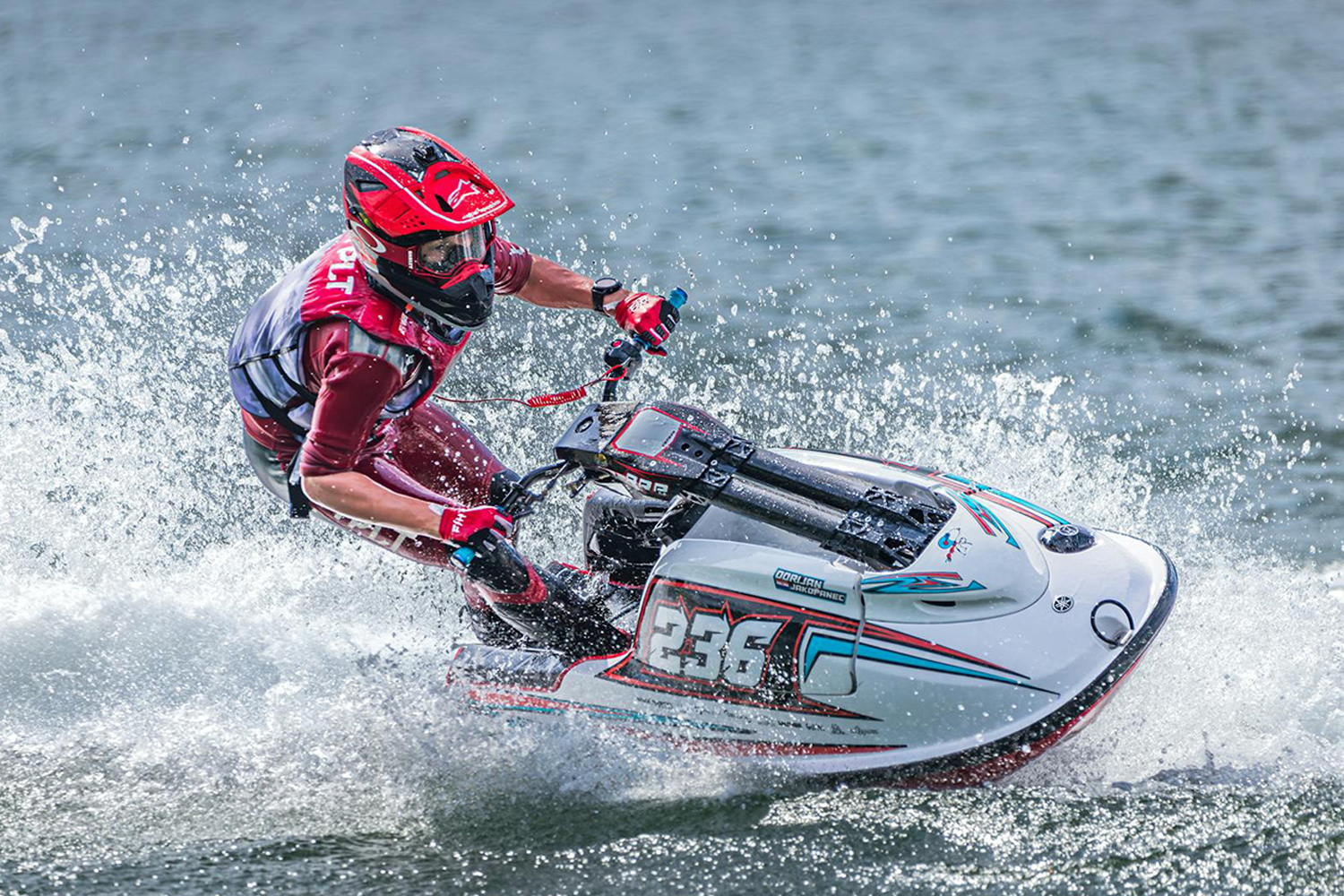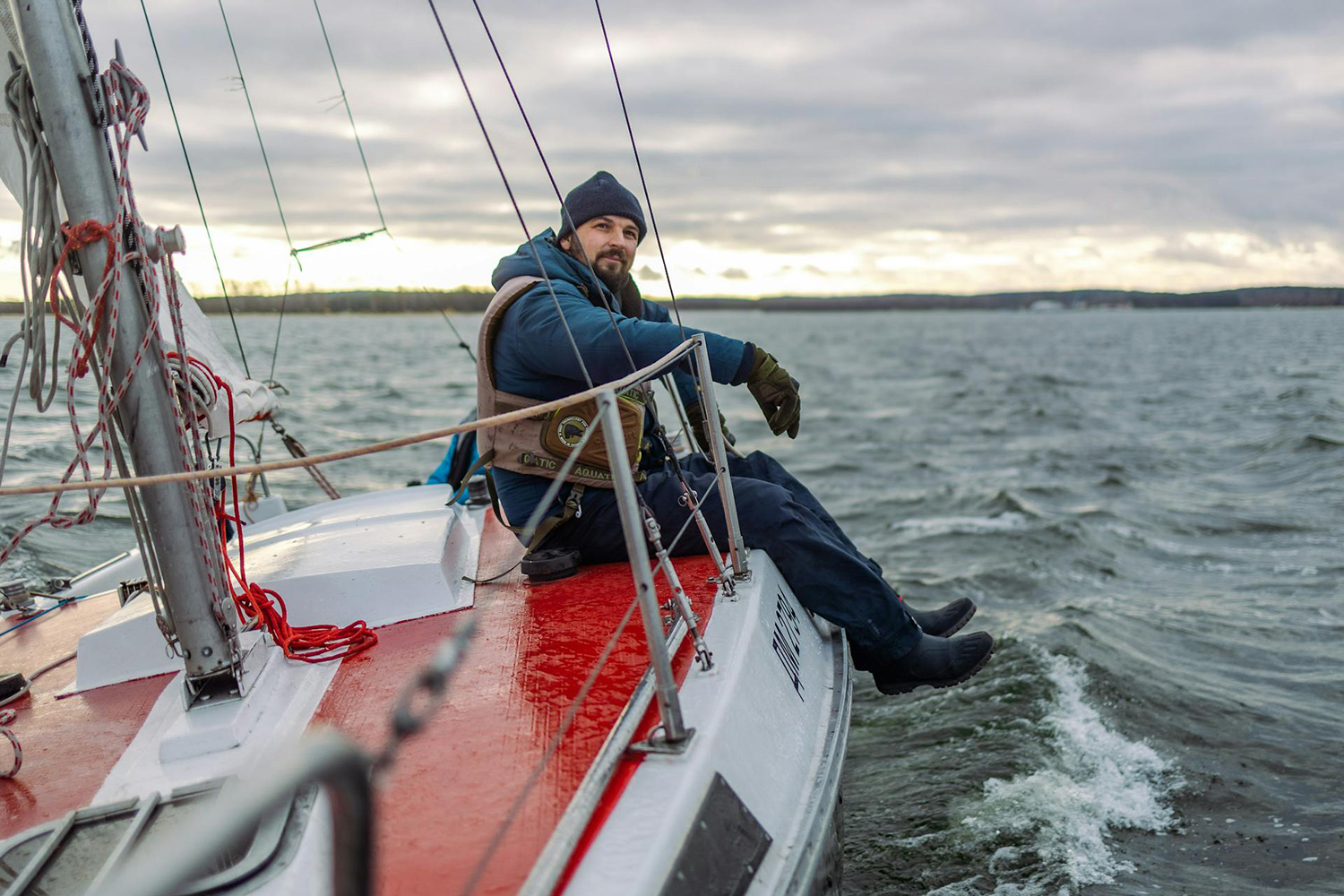


Boating trends in 2025 reflect a blend of technological innovation, sustainability, and shifting consumer preferences. Here’s an overview of the key trends that are expected to shape the boating industry:
1. Electric and Hybrid Boats
- Increased Electrification: With advancements in battery technology and renewable energy sources, electric boats are expected to become more mainstream. These boats are not only quieter and more eco-friendly but also more efficient. Lithium-ion batteries and hydrogen fuel cells will see improvements, extending range and reducing charging times.
- Hybrid Solutions: Hybrid boats that combine traditional internal combustion engines with electric motors will continue to grow in popularity. These offer the flexibility of long-range travel while reducing emissions when operating on electric power alone.
2. Sustainability and Eco-friendly Materials
- Sustainable Boat Building: The use of recyclable and eco-friendly materials in boat manufacturing will be on the rise. Companies are experimenting with sustainable alternatives like bio-based composites, recycled plastics, and carbon-neutral resins to minimize environmental impact.
- Solar Power Integration: Solar panels will be more widely integrated into boat designs for supplementary power, especially in electric and hybrid models. Solar panels will help extend cruising time without using fossil fuels, even in small recreational boats.
3. Advanced Navigation and Automation
- Smart Boating: Modern boats will come equipped with advanced navigation systems, augmented reality (AR) displays, and integrated communication technologies. These innovations will help boaters navigate more safely and efficiently, even in challenging conditions.
- Autonomous Boats: While still in early stages, autonomous boating technology will continue to develop. Self-driving boats, especially in commercial or service applications (e.g., ferries, research vessels), will become more viable with improvements in AI, sensors, and connectivity.
4. Boating as a Service
- Boat Sharing & Subscription Models: The trend of boat sharing and subscription services will continue to grow, as more people opt for “on-demand” access to boats rather than ownership. This makes boating more accessible and affordable for those who only use a boat occasionally.
- Marina Apps and Digital Platforms: Digital services that allow boaters to easily find docking spaces, book services, or connect with other boaters will be integral to the modern boating experience. These apps will provide real-time data, reservations, and community networking.
5. Adventure and Exploration Boating
- Expedition and Overlanding Boating: Inspired by the growing trend in overlanding and off-the-grid adventures, there will be an increase in boats designed for long-range exploration, including those capable of handling more remote, challenging conditions.
- Water Sports and Activity Boats: The rise of sports like wakesurfing, foiling, and efoiling will continue. Boats designed specifically for these activities will be highly specialized, with innovations like enhanced hydrofoils, improved wake-shaping systems, and battery-powered options for water sports enthusiasts.
6. Luxury and Customization
- Ultra-Personalized Boats: As consumer preferences lean more toward bespoke, high-end experiences, boat manufacturers will offer more customization options. Whether it’s for the interior, hull design, or tech features, luxury boat buyers will demand personalization to reflect their individual tastes.
- Sustainable Luxury: In the luxury boating sector, sustainability will no longer be an afterthought. High-end yachts and superyachts will incorporate eco-friendly materials, energy-efficient systems, and even zero-emission power sources.
7. Connectivity and the Internet of Things (IoT)
- IoT-enabled Boating: Connectivity is becoming a staple in modern boats. Expect smart boats equipped with sensors that monitor everything from engine health and fuel efficiency to weather conditions and onboard safety. This connectivity will also allow for remote troubleshooting, diagnostics, and updates.
- Integration with Smart Devices: Boaters will continue to integrate their boats with their smartphones, tablets, and smartwatches. You might find boats that sync with personal fitness data, for example, or enable remote control for certain boat functions.
8. Miniature and Compact Boats
- Compact and Foldable Designs: Space efficiency is becoming a key priority for boaters, especially in urban environments. Compact, foldable, or inflatable boats will appeal to those who want to enjoy boating but don’t have large storage spaces or the need for a full-sized vessel.
- Electric Tenders and Personal Watercrafts: The popularity of smaller, electric-powered personal watercraft (e.g., electric jet skis, mini tenders, and dinghies) will increase. These vessels are ideal for short excursions, quick getaways, and exploring smaller waterways.
9. Safety Innovations
- Enhanced Safety Features: Boating safety will continue to evolve with features like autonomous collision avoidance systems, real-time health monitoring for passengers (e.g., through wearable devices), and AI-powered rescue technologies.
- Wearable Tech: Expect a greater emphasis on personal safety with wearable devices that can detect distress signals, monitor environmental conditions, or even trigger automatic safety protocols like deploying life vests or sending an emergency alert.
10. Community and Boating Events
- Boating Festivals and Virtual Events: As the boating community grows, there will be more events that bring together enthusiasts, manufacturers, and influencers. Virtual events, expos, and boat shows will also continue to gain traction, allowing people from all over the world to experience the latest in boating technology and innovation.
- Boating Communities: With the rise of social media and digital platforms, the boating community will become more interconnected. People will share experiences, exchange tips, and coordinate group activities, such as flotillas and rallies, fostering a sense of belonging among boaters.
11. Upgraded Boat Storage and Maintenance Solutions
- Smart Docking Stations: New docking and storage solutions will offer more convenience. Automated docking systems, weather-controlled boat garages, and high-tech boat lifts will make storing and maintaining boats more efficient.
- Remote Maintenance: Remote monitoring and diagnostics will become standard, allowing boat owners to receive alerts about potential maintenance issues before they become problems. Drones and robots may also play a role in boat maintenance and inspections.
Overall, the boating industry in 2025 is likely to be defined by a blend of cutting-edge technology, eco-consciousness, and a shift toward more accessible and customizable boating experiences. These trends will make boating more enjoyable, sustainable, and integrated with modern digital lifestyles.


